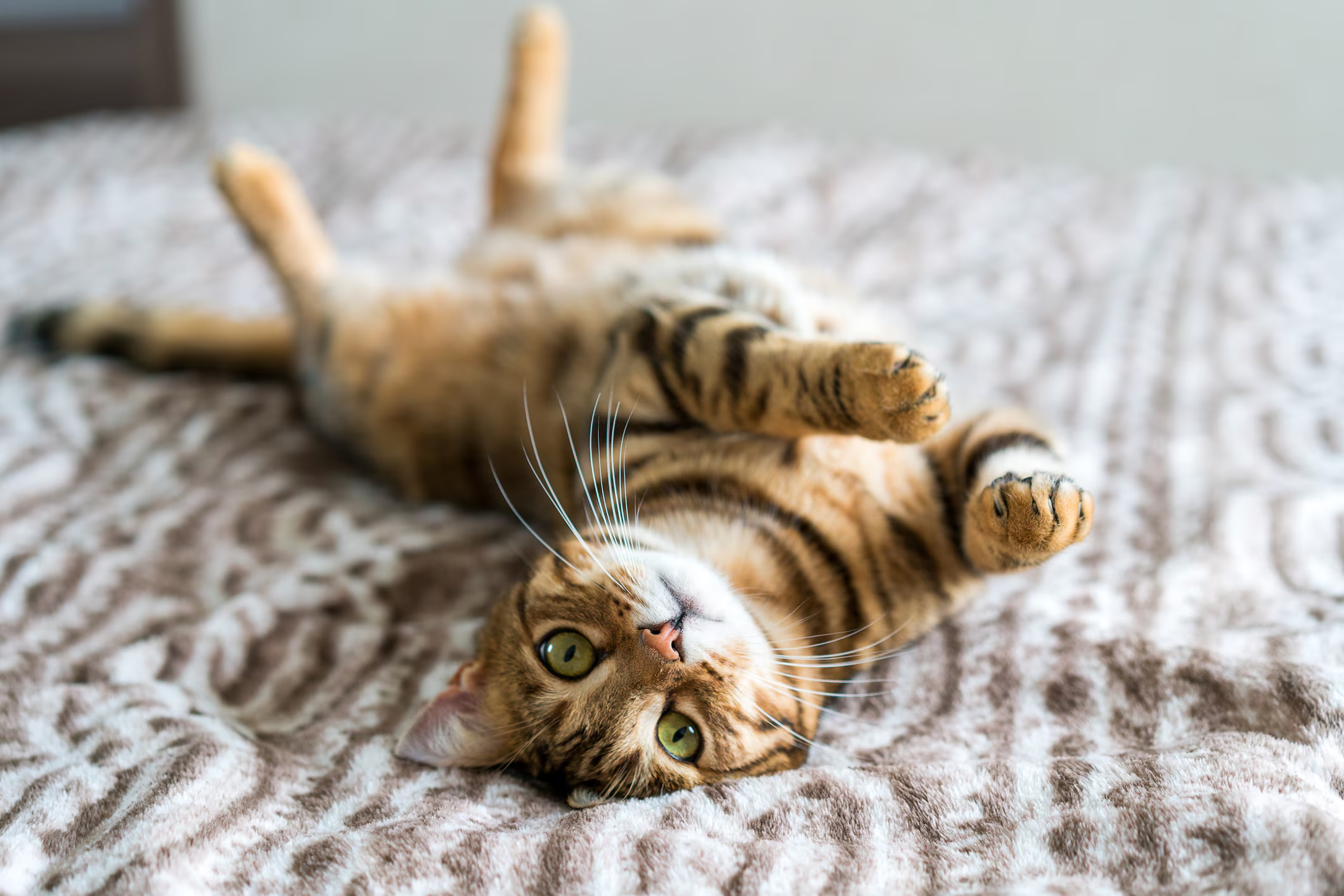8 Pets That May Keep You up at Night – What to Know Before You Adopt
Introduction
Having a pet is a joyful experience, but not all pets are ideal for peaceful nights. Some animals are naturally nocturnal or hyperactive during the night, and their behavior might interfere with your sleep. If you’re a light sleeper or value your rest, knowing which pets may keep you up at night is crucial.
1. Cats
While cats are beloved companions, they’re crepuscular by nature—most active during dawn and dusk. Many cat owners report midnight zoomies, meowing, or knocking objects off shelves.
Tip: Consider interactive play sessions before bedtime to tire them out.
2. Ferrets
Ferrets are playful and curious animals, but their sleep schedule can be erratic. They tend to wake up several times during the night and make noises while exploring or playing.
Tip: Give your ferret plenty of toys and space, and consider housing them in a separate room.
3. Parrots and Noisy Birds
Birds like cockatoos, macaws, and African greys can be extremely vocal, especially if startled at night. Changes in light or temperature may cause sudden bursts of squawking.
Tip: Cover their cage at night and place it in a quiet, dark space.
4. Hamsters
Hamsters are classic nocturnal pets. They sleep most of the day and become highly active at night, running on exercise wheels or chewing on cage bars.
Tip: Keep their cage out of your bedroom if you’re sensitive to noise.
5. Dogs with Separation Anxiety
Most dogs sleep through the night, but those with anxiety issues may whine, bark, or pace if left alone. Puppies also need bathroom breaks during the night.
Tip: Establish a bedtime routine and use crate training to promote calmness.
6. Rabbits
Despite their innocent appearance, rabbits can be surprisingly noisy at night. They may thump, chew, or dig in their bedding.
Tip: Give them a quiet, enriched environment to minimize boredom.
7. Sugar Gliders
These adorable marsupials are 100% nocturnal and thrive during nighttime hours. Expect jumping, gliding, chirping, and cage activity throughout the night.
Tip: They’re best kept far from sleeping areas unless you’re a deep sleeper.
8. Reptiles with Heating and Lighting Needs
Reptiles like geckos or snakes aren’t noisy themselves, but the equipment they need—heating pads, lights, or filters—can hum or buzz.
Tip: Use quiet equipment and place tanks away from bedrooms.
How to Minimize Night Disruptions
If you already have one of these pets or plan to adopt one, here are some general tips:
- Stick to a routine: Feed and play with your pet at consistent times.
- Avoid overstimulation before bed.
- Provide enrichment: Toys and companions can reduce boredom.
- Keep pets out of the bedroom: Especially if they’re active or loud.
- Use white noise machines to mask sudden sounds.
Final Thoughts
Choosing the right pet isn’t just about personality or size—it’s also about lifestyle. If you value your sleep, consider these factors before adoption. Some pets, though lovable, come with late-night habits that might not match your routine. A little preparation goes a long way in ensuring both you and your pet live in harmony—even at 2 AM.





